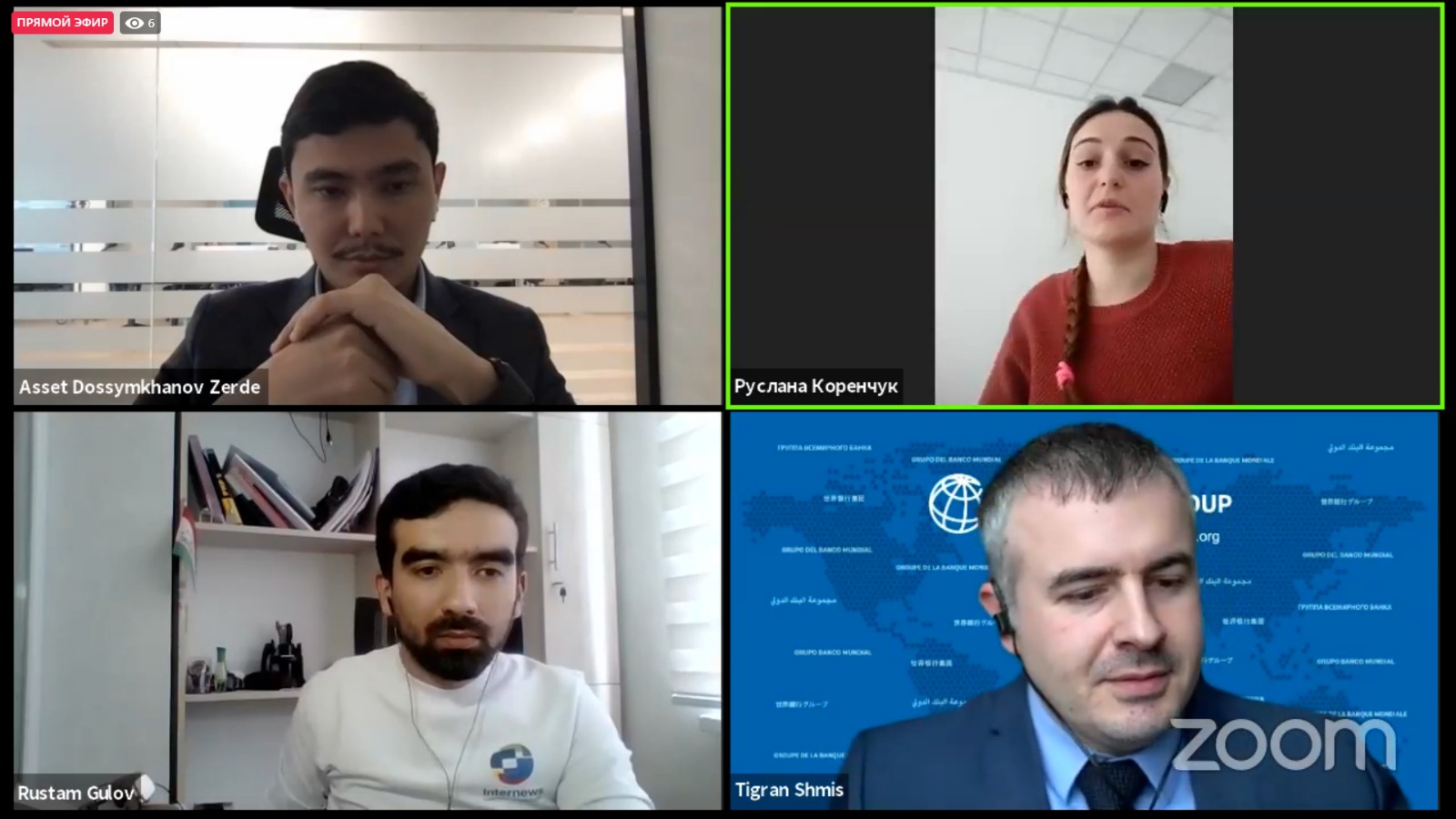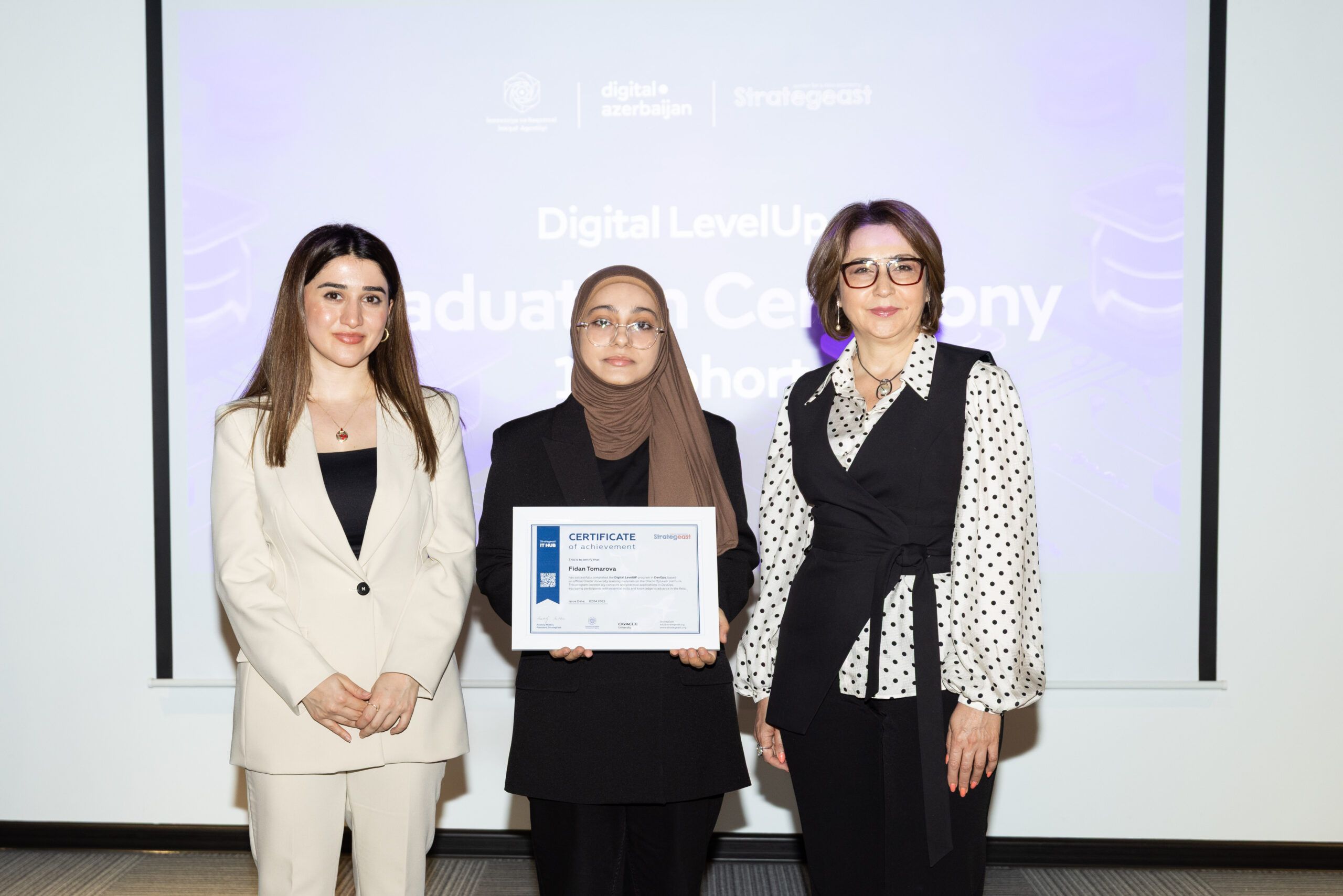According to the European data strategy, the EU plans to increase digital literacy among its citizens from the current 58% to 65% by 2025. Can Eurasia close the digital literacy gap with the EU in the same period and what should be done to achieve this goal? It was discussed at the StrategEast.Live panel discussion “Digital literacy in Eurasia”.
“A study on digital literacy conducted by our ministry showed that 39% of Ukrainians are interested in developing such literacy,” says Ruslana Korenchuk, Head of the Diia.Digital Education Project at the Ministry of Digital Transformation of Ukraine. This data, as well as the conclusions of the European Commission on the level of digitalization of our state, where one of the most important indicators is digital literacy, led to the creation of a national platform for the digital literacy development. But it is not enough to create a platform, it is important to get people interested. Therefore, our approach is based on such a modern format as edutainment. We shoot video clips with the involvement of Ukrainian celebrities, who show people how to become a blogger, how to use cryptocurrencies, what Artificial Intelligence is; and cover other issues of digitalization in a popular form. “
Asset Dosymkhanov, Head of the Department of ICT and Innovations at Zerde National Infocommunication Holding JSC, Digital Kazakhstan emphasized the importance of involving major technology companies in the digital education process. In particular, he brought an example of a Kazakh company that, having gone from a bank to a large financial service, simultaneously popularizes the idea of digitalization among the country’s population and teaches its clients to use the most advanced digital services.
“When we talk about digital literacy, we still have to mean two groups of skills,” adds Rustam Gulov, Media Literacy and MultimediaSpecialist, MediaCAMP project, Internews in Tajikistan. “These are technical skills on the one hand, and on the other – cognitive skills, such as critical thinking and creativity. We should not separate pure technical skills from the ability to work with digital media, to receive information digitally and critically evaluate it.”
Answering the question by the moderator of the discussion Tigran Shmis – Senior Education Specialist at the World Bank on how to popularize digital skills, Mr. Asset Dosymkhanov said that Kazakhstan promotes the idea that the future of the country lies in digitalization. “We show people that this is the future. We introduce tax exemptions for IT companies, we create many jobs in the IT industry. We create an environment for the IT industry, take more students to study for IT-related specialties, open IT schools. We show that this is the future and we believe that this is what will make the people acquire digital knowledge.”




